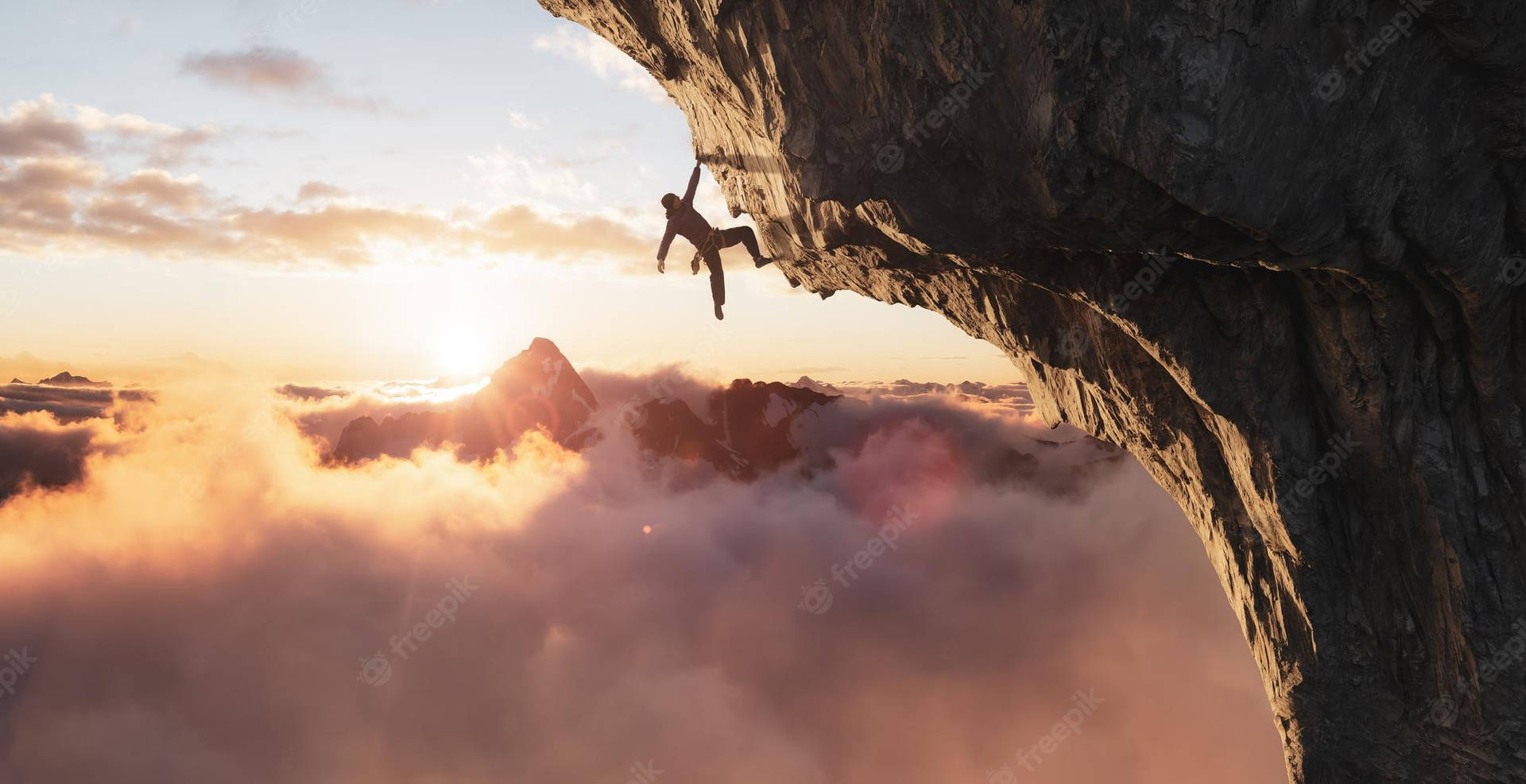
FAQ About Climbing
Climbing
2 years ago | gizem
What are the essential safety tips for climbing?
Safety is of utmost importance in climbing. Following these essential safety tips can help ensure a safe and enjoyable climbing experience:
- Proper Training and Instruction: Seek proper training from qualified instructors before attempting climbing. Learn essential skills, such as belaying, knot tying, and safety procedures.
- Wear a Climbing Helmet: Always wear a climbing helmet, especially when climbing outdoors. Helmets protect your head from falling rocks or other objects.
- Check Your Gear: Regularly inspect your climbing gear, including harnesses, ropes, carabiners, and belay devices, for signs of wear, damage, or aging. Replace any damaged or worn-out gear.
- Belay with Care: Double-check your belay setup, and communicate effectively with your climbing partner while belaying. Always keep a hand on the brake side of the rope when belaying a climber.
- Use a Safe Anchoring System: When climbing outdoors, make sure to anchor yourself and your belayer properly. Use reliable and properly placed protection to reduce the impact of potential falls.
- Climb with a Partner: Avoid climbing alone, especially outdoors. Climbing with a partner provides an extra layer of safety, support, and assistance.
- Communicate Clearly: Establish clear communication signals with your climbing partner to ensure effective communication while climbing.
- Learn Proper Falling Techniques: Practice and learn how to fall safely to reduce the risk of injury during unexpected falls.
- Warm Up Properly: Warm up your muscles before climbing to reduce the risk of strains and injuries.
- Know Your Limits: Be aware of your climbing abilities and limits. Avoid attempting climbs that are beyond your current skill level.
- Rest and Hydrate: Take breaks and stay hydrated during climbing sessions, especially on hot days.
- Be Mindful of Weather: Keep an eye on weather conditions, and avoid climbing during adverse weather, such as thunderstorms or extreme heat.
- Avoid Overcrowded Areas: In busy climbing gyms or popular outdoor climbing spots, be aware of other climbers to avoid potential accidents.
- Practice Environmental Stewardship: Respect the natural environment while climbing outdoors. Avoid damaging rocks or disturbing wildlife.
- Learn Rescue Techniques: Consider learning basic rescue techniques in case of emergencies.
- Stay Calm: In challenging situations, stay calm and composed. Panic can lead to poor decision-making.
- Have a Plan: Before climbing outdoors, familiarize yourself with the route and descent options. Always have an exit plan in case of emergencies.
- Listen to Local Experts: If climbing in a new area, seek advice from local climbers or guides who are familiar with the routes and conditions.
